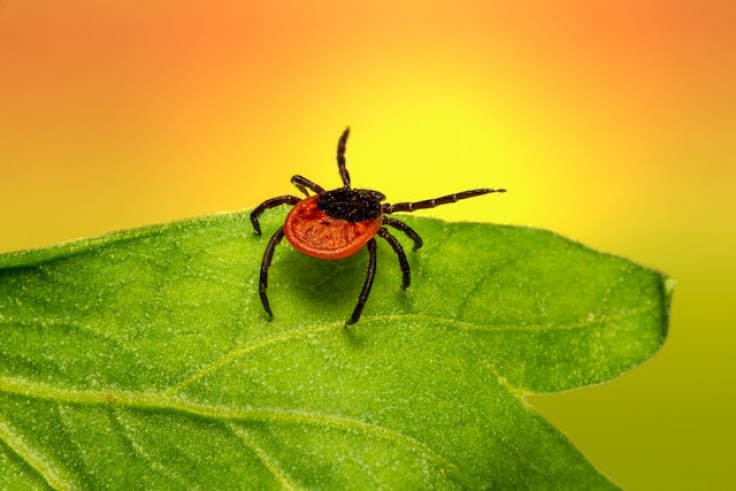
Summertime brings warmer weather and outdoor adventures, but it also brings ticks and the potential for tick-borne diseases. With an estimated 476,000 annual cases of Lyme disease in the U.S. alone, along with several other conditions like anaplasmosis, babesiosis, and Powassan virus, it's vital to understand how to stay tick-free during the summer months (Ghose, T., Gora, A., & Lanese, N., Live Science).
What Are Ticks?
Ticks are small, blood-sucking arachnids found in grassy and wooded environments worldwide. They're part of the same family as spiders and mites and are especially active during the warmer months. Ticks come in various sizes, ranging from the tiny deer tick to the larger dog tick. The diseases ticks transmit vary by species, with the most well-known being Lyme disease. Other tick-borne diseases include anaplasmosis, babesiosis, and the Powassan virus.
Who is more prone to tick bites?
Individuals who spend time outdoors, particularly in grassy, brushy, or wooded areas, are more prone to tick bites. This includes hikers, campers, gardeners, and those living in rural or suburban regions with high wildlife activity. Pets, especially dogs, can also bring ticks into homes, putting pet owners and their families at risk.
10 Tips To Avoid Tick Bites
Implementing the ten essential strategies for preventing tick bites can significantly reduce the risk of these diseases:
- Use Tick-Repellent Products: Consider applying permethrin-based insecticides to clothing, footwear, and camping gear, as this compound can kill ticks at different life stages. For skin, use EPA-registered repellents containing DEET to ward off ticks.
- Monitor home surroundings: Most tick encounters occur near home, so stay vigilant, especially when gardening or children are playing outdoors. Regular tick checks can make a significant difference.
- Embrace the Sun: Ticks thrive in humid and shady environments but struggle in sunny and dry areas. Therefore, activities should be planned in sunlit areas whenever possible.
- Alter Your Landscape: Maintaining a tick-unfriendly yard can significantly reduce tick encounters. This includes keeping grass short, removing leaf litter, and discouraging wildlife that carry ticks, such as deer, from your yard.
- Examine pets regularly: Pets, especially dogs, can carry ticks into homes. Regular checks and tick prevention treatments for pets can help mitigate this risk.
- Dress smartly: When heading outdoors, especially into grassy or wooded areas, wear long-sleeved shirts and long pants. For added protection, tuck your pants into your socks.
- Opt for light-colored clothing: light-colored clothing makes spotting ticks easier before they can attach. As nymphal ticks can be as small as a poppy seed, this strategy can be especially effective.
- Utilize Your Dryer: High heat can kill ticks, so toss your clothes in the dryer on high heat for 10 minutes after coming indoors.
- Bathe Promptly and Inspect Your Body: Showering within two hours of coming indoors lowers your risk of Lyme disease and gives you a good opportunity to conduct a full-body tick check. Pay close attention to your underarms, in and around your ears, inside the belly button, behind the knees, between the legs, around the waist, and especially in your hair.
- Remove Ticks Correctly: If you find a tick, use tweezers to grasp the tick as close to the skin's surface as possible and pull straight up with steady, even pressure. Do not twist or jerk the tick, as this can cause the mouthparts to break off and remain in the skin.
By following these tips, you can reduce your risk of tick bites and associated diseases this summer. Remember, the best defense against tick-borne illness is prevention. Enjoy the summer and stay tick-free!
Related Article : Tick Bites Leading to Potentially Life-Threatening Red Meat Allergies - Essential Information to Stay Informed